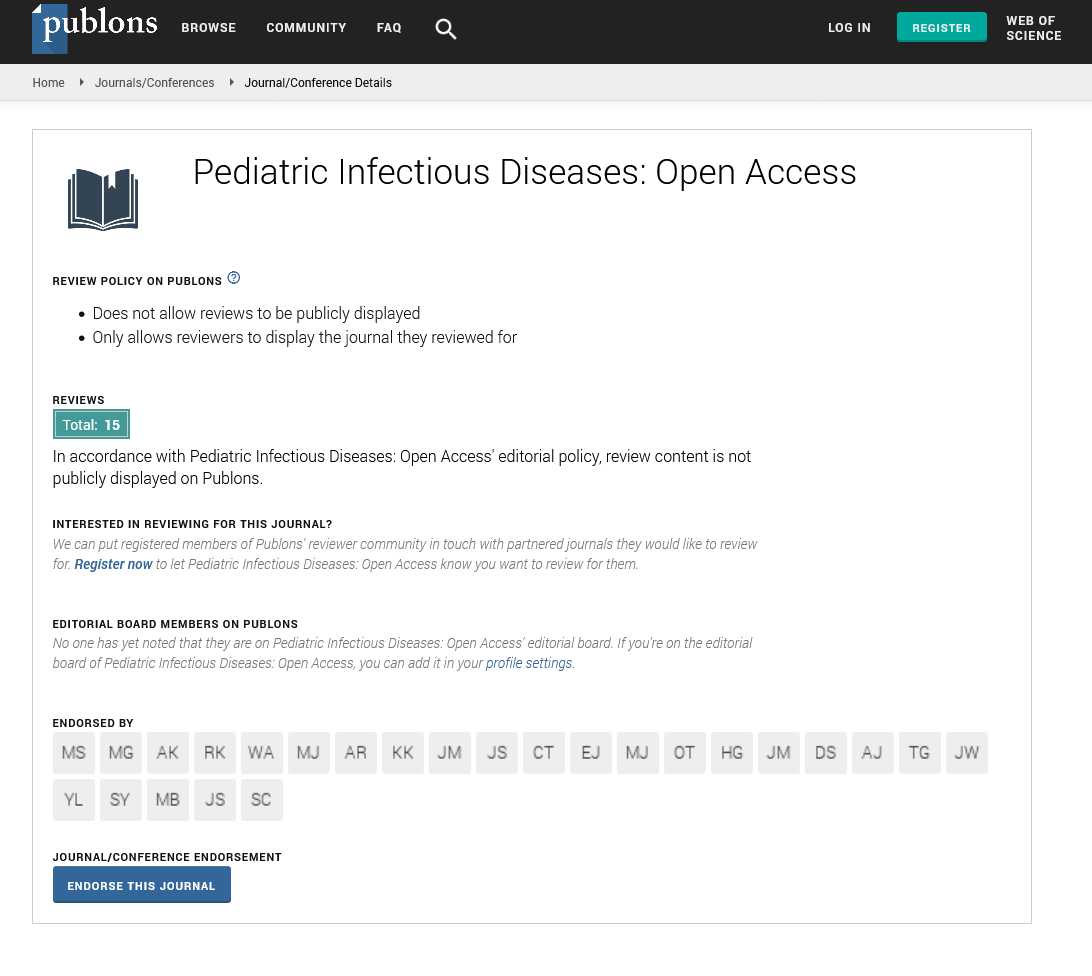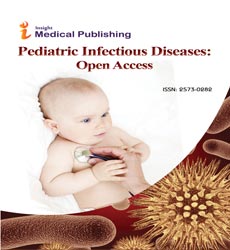Abstract
Pediatric sepsis
Sepsis is the most common cause of death in children around the world. Although adult studies have a huge influence on the diagnosis and treatment of sepsis in infants and children, there are several essential concerns for pediatricians. This article focuses on pediatric-specific difficulties surrounding sepsis definition, epidemiology, and management. We look at how the immune system's ability to respond to infection develops throughout childhood. Primary immunological deficits should also be examined in children who are recurrently infected with specific types of pathogens. Pediatric sepsis treatment must be adjusted to the child's age and immune capacity, as well as the infection's location, severity, and source. Infection-related disorders that mostly affect children must be recognised by clinicians. Although children in affluent countries are more likely than adults to survive serious infections, many survivors suffer from long-term health problems.
Author(s):
Yan R Kizaki
Abstract | PDF
Share this

Google scholar citation report
Citations : 230
Pediatric Infectious Diseases: Open Access received 230 citations as per google scholar report
Pediatric Infectious Diseases: Open Access peer review process verified at publons
Abstracted/Indexed in
- Google Scholar
- China National Knowledge Infrastructure (CNKI)
- Cosmos IF
- Secret Search Engine Labs
Open Access Journals
- Aquaculture & Veterinary Science
- Chemistry & Chemical Sciences
- Clinical Sciences
- Engineering
- General Science
- Genetics & Molecular Biology
- Health Care & Nursing
- Immunology & Microbiology
- Materials Science
- Mathematics & Physics
- Medical Sciences
- Neurology & Psychiatry
- Oncology & Cancer Science
- Pharmaceutical Sciences


